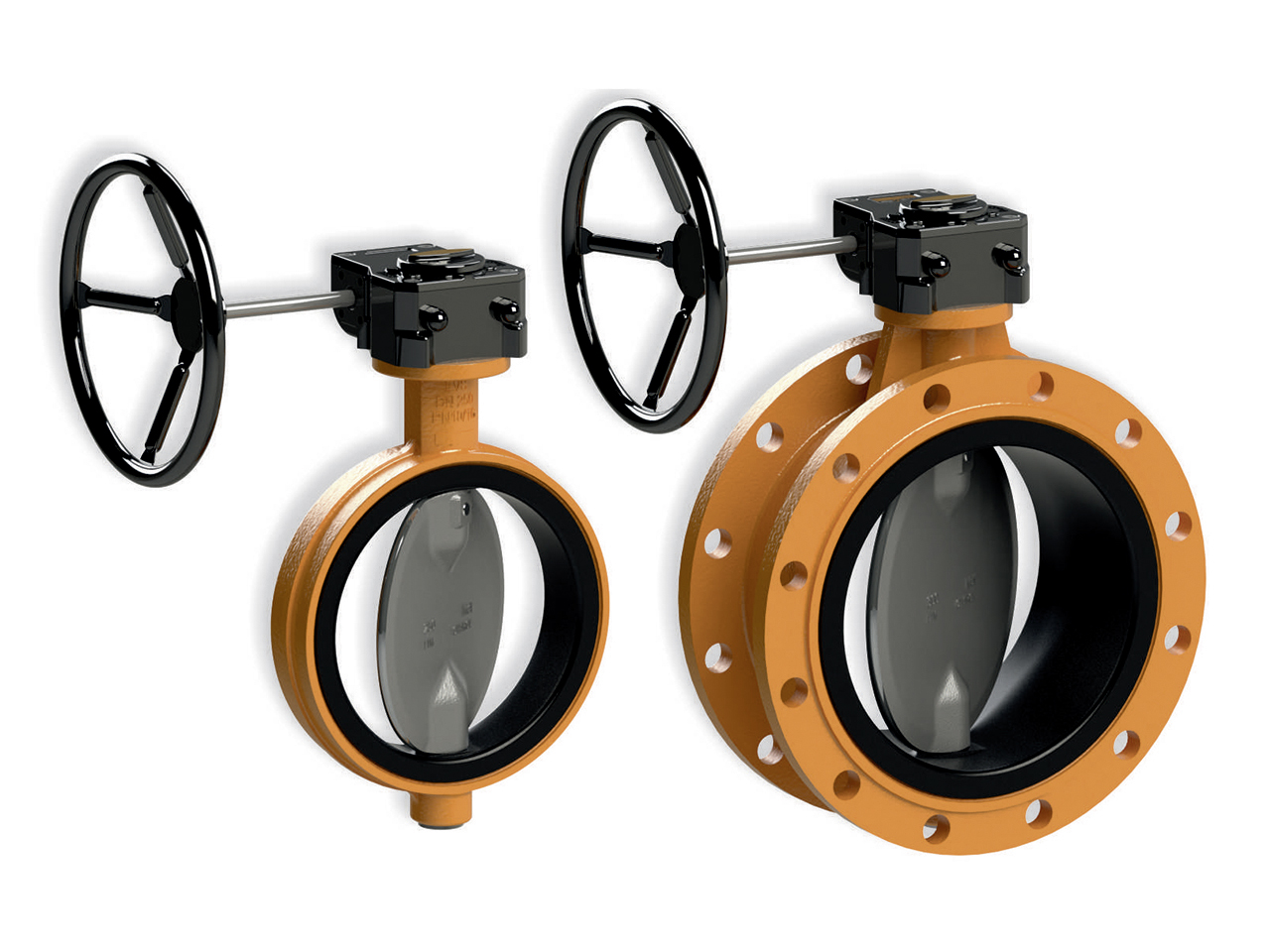
Wouter Witzel valves reduce production costs and downtime
Wouter Witzel butterfly valves from AVK Southern Africa provided substantial cost-savings and reduced personnel requirements for KwaZulu Natal-based Umfolozi Sugar Mill (USM). 01-08-2019
Wouter Witzel butterfly valves from AVK Southern Africa provided substantial cost-savings and reduced personnel requirements for KwaZulu Natal-based Umfolozi Sugar Mill (USM). The savings enabled the company to redistribute finance to other plant instrumentation upgrades and negated the need for specialised valve maintenance personnel. This facilitated the redeployment of these personnel to other plant maintenance tasks. The Wouter Witzel DN700 butterfly valve, installed to regulate flow in one of the plant’s pan discharge applications, remained unaffected by the severity of the production process for more than six years – without any maintenance.
In a letter to AVK, Ravi Vandayar, Technical Manager at USM, stated that: “The superior quality of the Wouter Witzel butterfly valves used in a pan discharge application at USM is noteworthy. Functioning under -95 kPa; at 75° C normal operating temperature and 110° C flash temperatures, the valve in question had a lifetime of more than six years with zero maintenance required. Others are still in service."
“A unique differentiator that sets Wouter Witzel valves apart from competitor products,” explains Keith Hedges, Business Development Manager, AVK Southern Africa, “is that its elastomer liner is fully vulcanised and bonded to the seal body. This provides a 100% leak-free and vacuum-proof seal – both of which are exclusive to the Wouter Witzel brand.”
Zero leakage, zero maintenance
USM runs on a seasonal basis and maintenance, therefore, is conducted during off-season plant shutdown. The maintenance inspection subsequent to this valve installation included valve removal, damage inspection and functional scrutiny, which it passed with flying colours. It proved the valve’s durability compared to the wear and tear that competitor valves underwent.
Based on these findings, USM took the decision that future maintenance inspections for this specific valve would be reduced to a liner inspection and water test only. The water test is used to determine if there is any seal leakage, and none was ever found. “This is in line with our, and Wouter Witzel’s, philosophy of ‘zero leakage, zero maintenance’,” says Hedges. “USM was sufficiently impressed with the inspection results that the plant began replacing its existing butterfly valves with Wouter Wintzel valves, as and when required.”
Heat resistance and durability
Wouter Witzel butterfly valves are heat-resistant, using NBR, EPDM or FPM rubber lining, which offer heat resistance up to 90, 110 or 200° C respectively. High-quality construction materials like ductile iron or cast steel on a single bodied valve; and a Rilsan, Epoxy or Halar coated duplex stainless steel disc contribute to enhanced durability. The disc, centre to the valve’s design, is thinner than conventional valve discs which facilitates increased flow capacity and smaller actuators – if actuation is required. This contributes to increased pump efficiency resulting in lower power requirements.
This range of butterfly valves can be installed in the fully closed position, something which cannot be achieved with regular mounted valve seals. The five year warrantee is five times longer than the industry standard, and is backed by a one-million-cycle guarantee. “Compared to other butterfly valves in the market, ours last three to five times longer than any other similar product,” Hedges enthuses.
Valve accreditation
The Wouter Witzel butterfly valve range is accredited by the American Petroleum Industry (API); Lloyd’s of London for marine applications; and the South African Gas Association (SAGAS). It also has numerous water-related certifications and is the only rubber-lined butterfly valve worldwide that has a fire-safe certification. “These valves are suitable for the mining, steel, ship-building, oil & gas, desalination, HVAC, power plant and fire-fighting industries,” Hedges says. “In fact, they are specifically designed for high cycle and severe applications.
Real value
“The overall cost-saving experienced in plants using these valves is a lot more than appears at face value,” points out Riaan Kloppers, Director – Industrial, AVK Southern Africa. “Some project engineers are of the opinion that, as valves required in a project constitute only between 1% and 3% of the cost, they needn’t pay too much consideration to this aspect of the project. They have not considered that valve failure results in downtime, a costly exercise for any plant. Considering high-quality, durable valves for these projects results in a significant financial saving over the medium- to long-term.”
In line with its commitment of adding value to its clients in all aspects, AVK Holdings established an in-house training Academy in September 2016. “The Academy has trained and raised the skills and technical capability of our employees, clients, distributors, students and engineers in understanding valves and their applications,” Kloppers concludes. “We consider this a value offering beyond that of any tangible Rand value offering.”